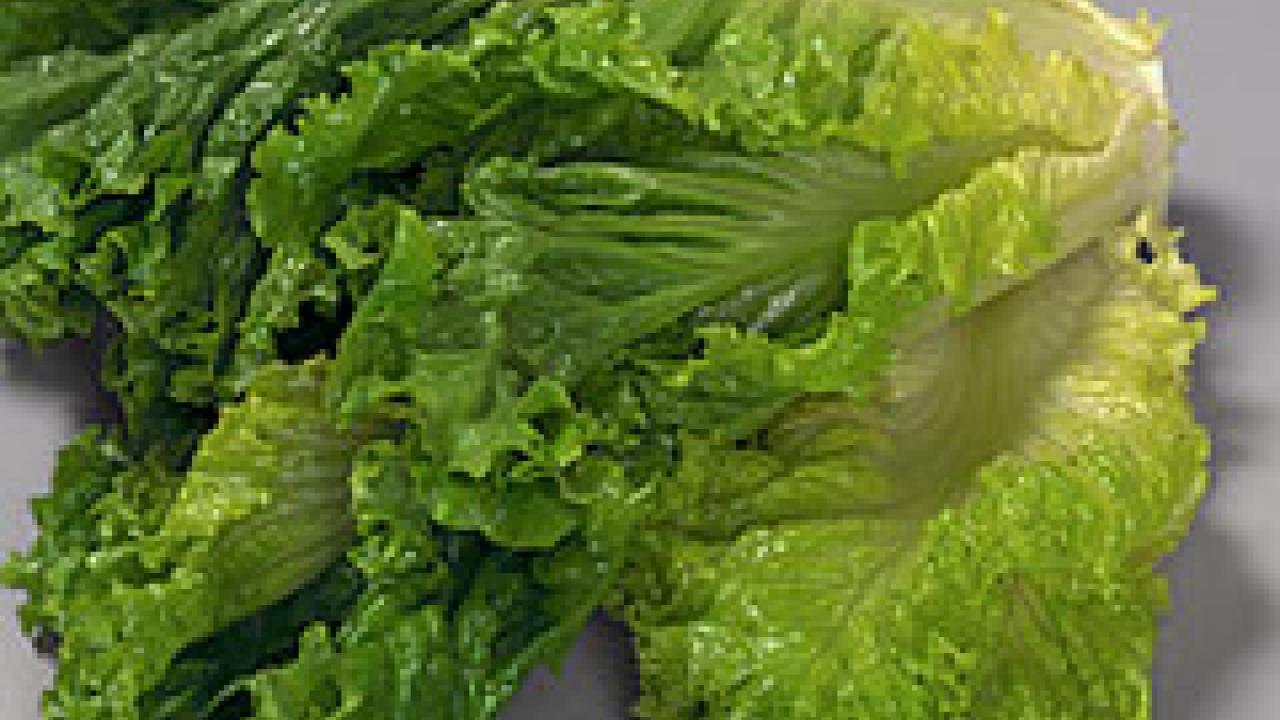California dominates the nation in organic production of agricultural commodities, according to a nationwide survey of organic producers that was analyzed by a UC Davis agricultural economist.
The survey found that California leads the United States in the number of organic farms, the amount of land in organic production and in organic sales. It also showed that the state is home to 19 percent of the nation’s organic farms and accounts for 36 percent of the country’s organic sales.
The survey analysis was conducted by Karen Klonsky, a UC Cooperative Extension economist in UC Davis’ Department of Agricultural and Resource Economics.
Klonsky noted that, in terms of organic production, the state is most prominent in fruits, vegetables, nuts and berries, with lettuce and grapes being the highest-revenue organic crops. In fact, California leads the nation in all major crop categories except field crops. (Field crops include corn, wheat, cotton, soybeans and rice.)
The survey also revealed that California produces more than 90 percent of all U.S. organic sales for 14 different commodities, including 99 percent of the nation’s organic walnuts, lemons, figs and artichokes and 100 percent of its organic almonds and dates.
California is also the top producer of organic livestock and livestock products, with broiler chickens and milk from cows the most important livestock commodities.
Klonsky’s analysis examined data from the 2008 Organic Production Survey, the first nationwide survey of organic agriculture in the United States. It was administered by the National Agricultural Statistics Service as a follow-up to the 2007 Census of Agriculture.
“About one-third of the farms classified themselves as mixed operations with both organic and conventional production,” wrote Klonsky. “This implies that the organic market is an important opportunity for diversification for many conventional farms.”
She noted that the vast majority of survey respondents said they planned to maintain or expand their organic production, indicating that this subsector of agricultural remained financially healthy despite the nation’s economic downturn. There was no indication, however, that many producers who had both organic and conventional operations had plans to become entirely organic.
“This is an indication that organic continues to be a niche market, albeit a profitable one,” Klonsky said.
Her analysis can be downloaded from ARE Update, Vol. 14 No. 2 at: http://agecon.ucdavis.edu/extension/update/.
Media Resources
Pat Bailey, Research news (emphasis: agricultural and nutritional sciences, and veterinary medicine), 530-219-9640, pjbailey@ucdavis.edu
Karen Klonsky, Agricultural and Resource Economics, (530) 752-3563, klonsky@primal.ucdavis.edu
